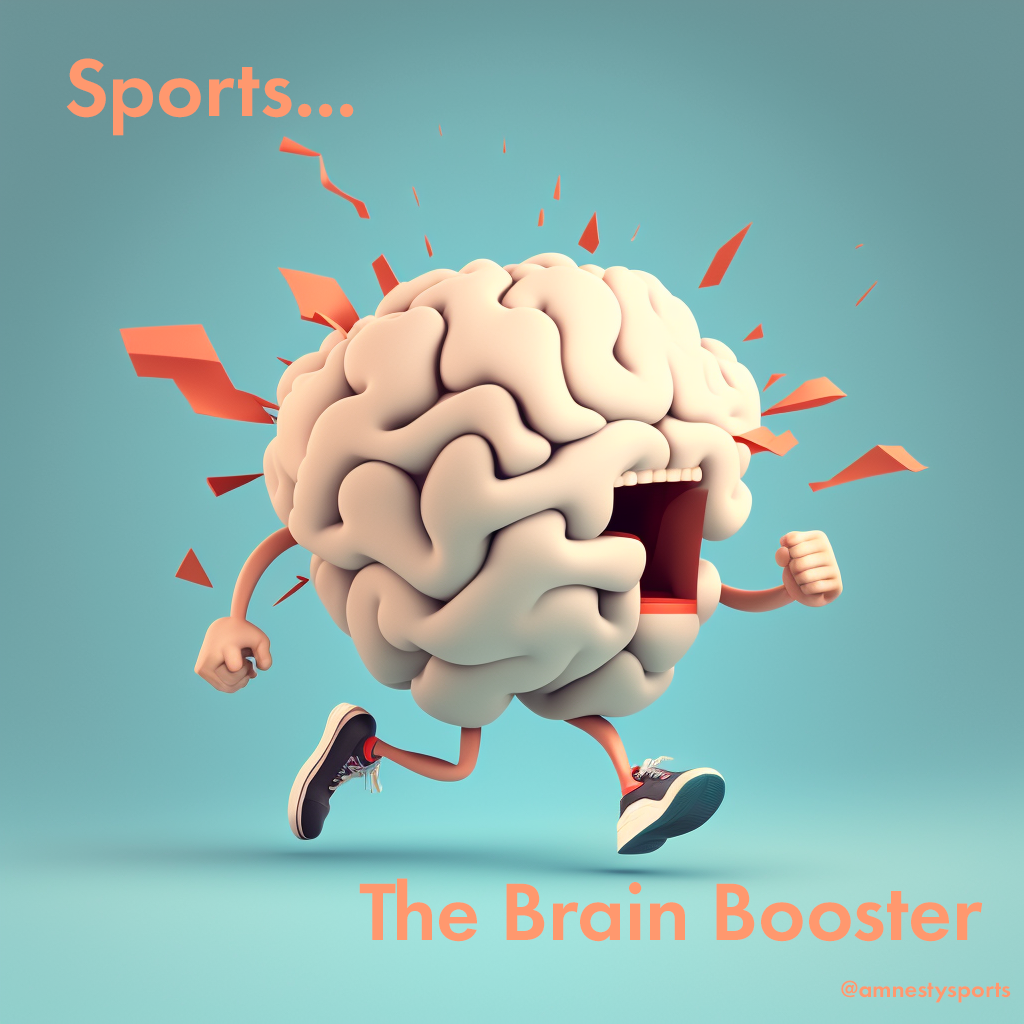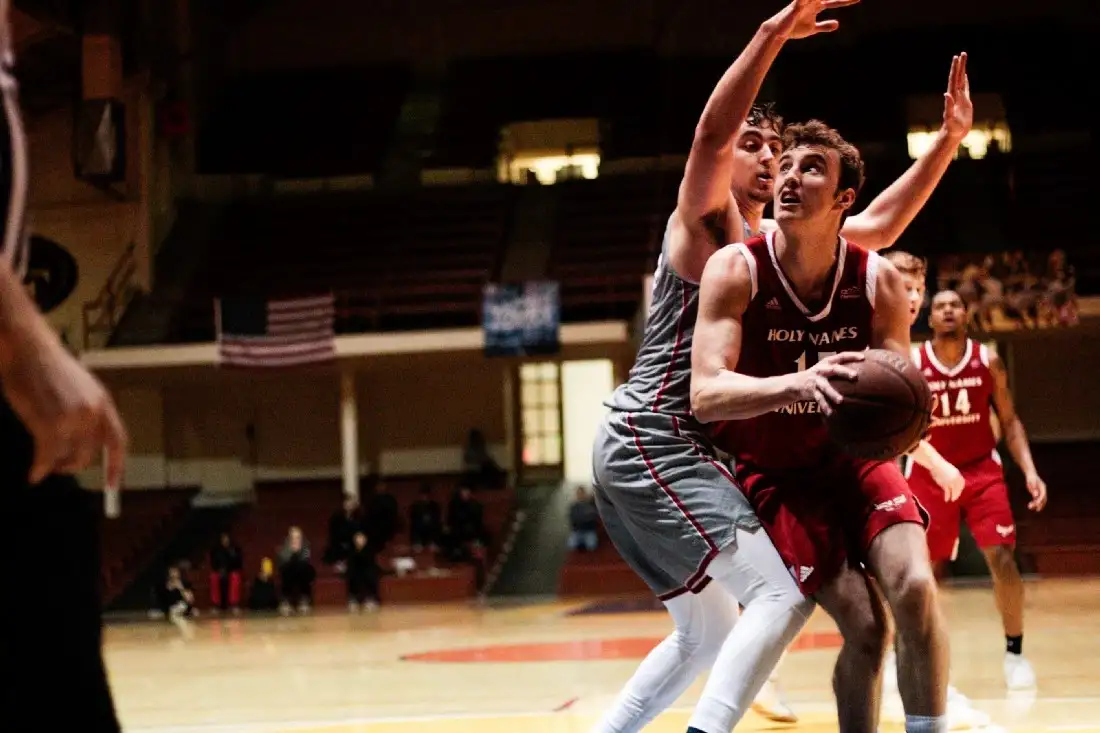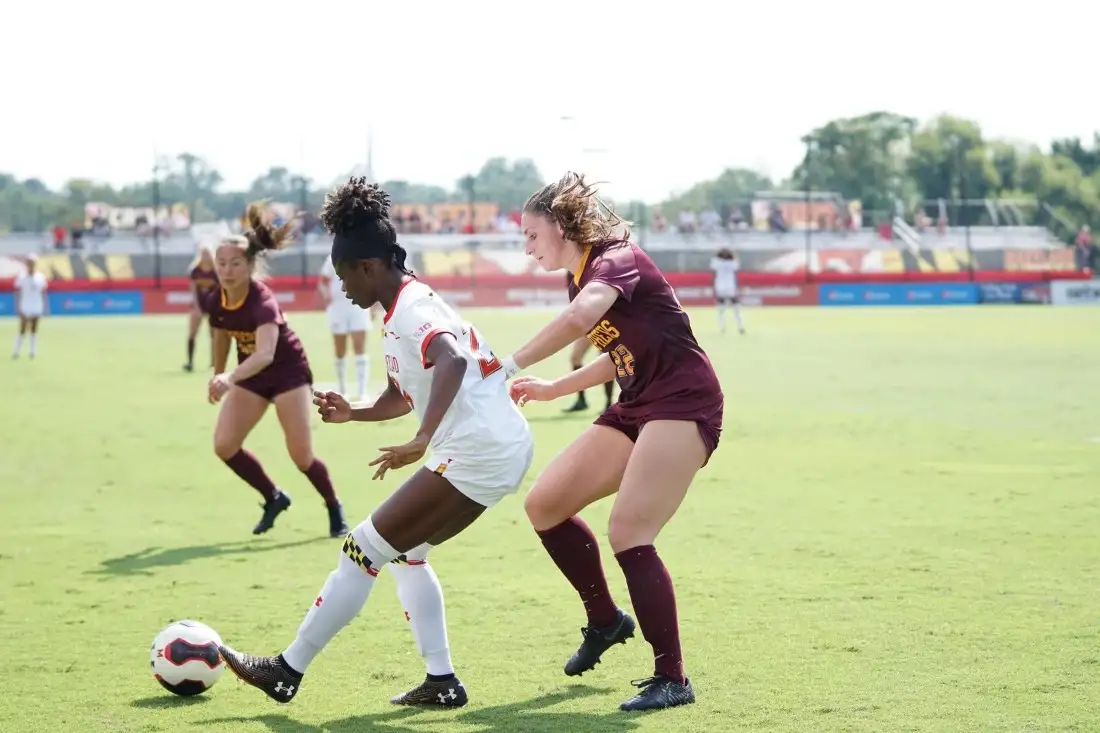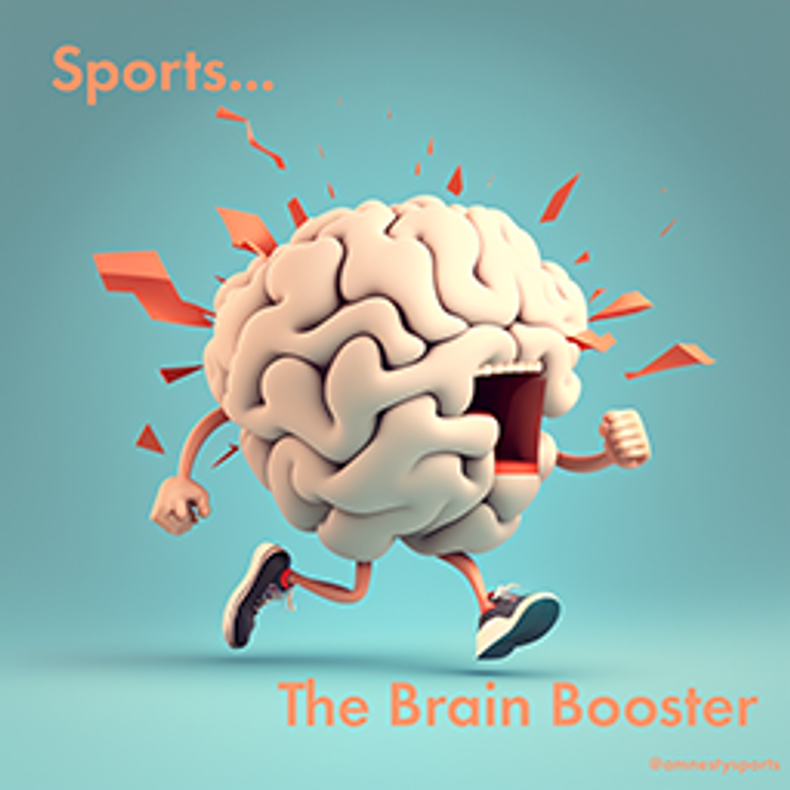
Listening to The Brain
The world's elite athletes push the limits of human physical capabilities through intense training and conditioning, leading to awe-inspiring displays of strength, speed, and endurance that leave fans wondering. Take, for example, the iconic 4-time NBA champion, Lebron James of the Los Angeles Lakers, who is rumored to invest a staggering $1.5 million annually to optimize his 6'9, 250 lbs frame. But it's not just about the chiseled physiques, the latest research suggests that participating in sports also enhances cognitive function, particularly in attention and listening. Truly, our favorite athletes are sculpting their bodies to chase championships and Olympic glory and strengthening their minds through the power of sports.

The groundbreaking research conducted by neurobiologist Nina Kraus at Northwestern University's "Brainvolts" lab is shedding light on the incredible cognitive benefits of physical activity. Kraus and her team have discovered that the brain is constantly seeking new information and experiences, and when this stimulus is lacking, it leads to a type of "neural static" that can impede cognitive function. However, when auditory stimulation such as language and music are introduced, this "brain noise" is significantly reduced. What's more, the study found that brains that develop in environments with less auditory stimulation tend to be "noisier" and have a harder time processing information. This research highlights the importance of incorporating physical activity into our daily lives, as it improves our physical health and cognitive abilities.
“Compared to non-athletes, elite athletes can better process external sounds, such as a teammate yelling a play or a coach calling to them from the sidelines, by tamping down background electrical noise in their brain,”-Nina Kraus

Study’s Impact
Participation in sports has been proven to profoundly impact the brain's ability to process auditory stimuli, by reducing the "neural static" that can impede cognitive function. Through the use of advanced brain-recording techniques to measure electrical activity in response to auditory stimuli, the research conducted by Nina Kraus at Northwestern University's "Brainvolts" lab has revealed that elite athletes have a significant reduction in neural static compared to non-athletes. This is a remarkable discovery, as traditional methods such as learning new languages or playing musical instruments, while beneficial for improving the clarity of signals, do not have the same effect on dampening background noise as sports do. This research highlights the importance of sports in not only improving physical health but also cognitive abilities.
“A serious commitment to physical activity seems to track with a quieter nervous system”

The research has far-reaching implications for the field of sports science and beyond. Not only does it provide new insights into the detection and treatment of sports-related concussions, but it also opens the door for the development of athletic therapies for individuals dealing with auditory processing impairments. Furthermore, the findings can be applied to crafting more effective community improvement initiatives, particularly in low-income communities where excessive "brain noise" is often a result of a lack of stimulating experiences. These insights have the potential to revolutionize the way we approach sports and physical activity, not only as a means of improving physical health but also cognitive abilities, and ultimately shaping healthier and more equitable communities.
Krizman, J., Lindley, T., Bonacina, S., Colegrove, D., White-Schwoch, T., & Kraus, N. (2019). Play Sports for a Quieter Brain: Evidence From Division I Collegiate Athletes. Sports Health. https://doi.org/10.1177/1941738119892275

